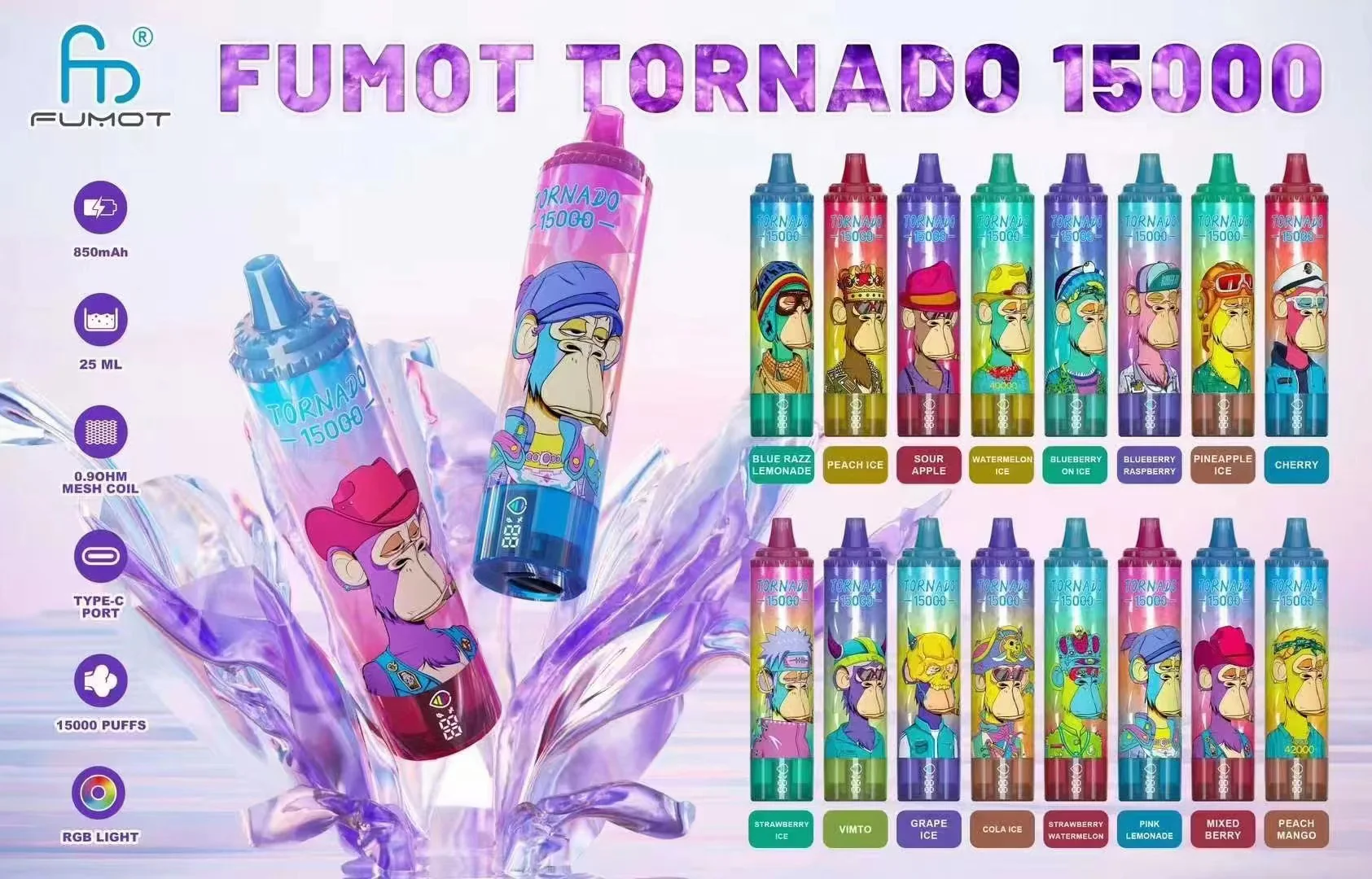In the ever-evolving landscape of smoking alternatives, e-liquids have emerged as a popular choice for those seeking to enjoy the ritual of smoking without the harmful effects of tobacco. This article aims to demystify the world of e-liquids, offering insights into the various flavors, nicotine concentrations, and safety considerations that vapers should be aware of.
E-liquids, also known as vape juice, are the lifeblood of vaping devices. They are composed of a base liquid, typically propylene glycol or glycerin, mixed with a variety of flavors and, most notably, nicotine. The nicotine content in e-liquids can range from zero to 36 mg/mL, catering to the preferences of both non-smokers and those looking to reduce their tobacco intake.

The choice of flavor is another critical aspect of the vaping experience. E-liquids come in an astonishing array of flavors, from traditional tobacco and menthol to more exotic and fruity options like mango, cotton candy, and even desserts. This variety allows vapers to tailor their experience to their personal tastes, making vaping a more enjoyable and satisfying activity.
However, with the wide range of e-liquid flavors and nicotine levels, it's essential to consider the safety aspects of vaping. While e-liquids are generally considered less harmful than tobacco smoke, they are not without risks. The inhalation of propylene glycol and glycerin, along with the potential for nicotine addiction, are concerns that vapers should be mindful of. Additionally, the quality of e-liquids can vary, and it's crucial to choose products from reputable manufacturers to avoid harmful additives and contaminants.
In conclusion, e-liquids offer a versatile and customizable smoking alternative, but it's important to approach vaping with an informed perspective. By understanding the different flavors, nicotine levels, and safety considerations, vapers can make choices that best suit their preferences and health needs.